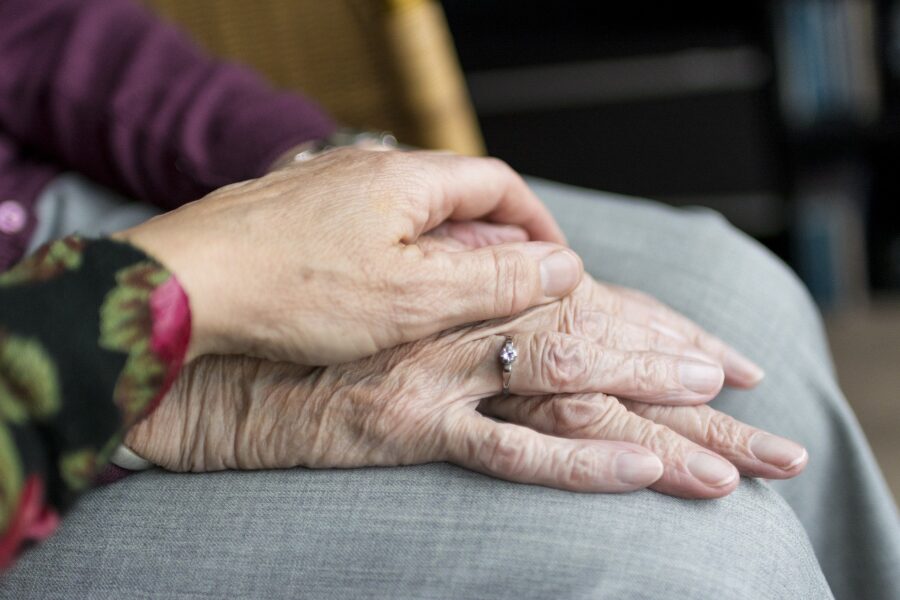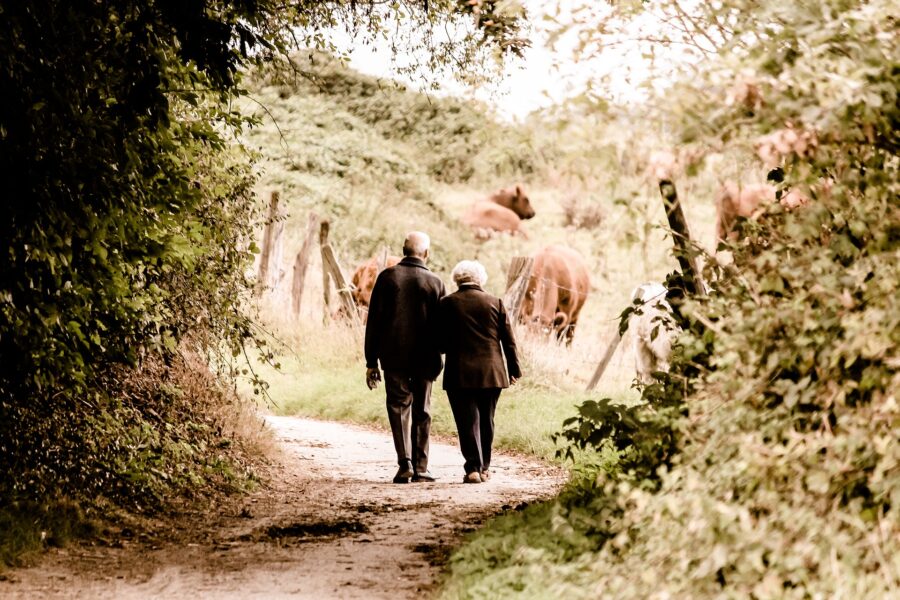Scientists Say Humans Will Soon Live To A Ridiculously Old Age
Scientists are now saying that humans should be prepared to live a lot longer!
This article is more than 2 years old

Want to grow old enough to meet your grandkids? Your great-grandkids? Your great-great grandkids? Well, according to what some scientists are saying, surviving to such an age might not be that rare for humans pretty soon.
Well, “pretty soon” is relative. According to the new study Human Mortality at Extreme Age published in the journal Royal Society Open Science, we will eventually see humans be able to reach the age of 130 and perhaps beyond. According to Futurism‘s report on the study, Anthony Davison — the study’s lead researcher — expects we will see a person live to 130 before the end of the current century.
Davison is not a biologist or a medical doctor, but a statistician. He’s a professor of statistics at the Swiss Federal Institute of Technology in Lausanne. His research is part of an increasingly heated debate among scientists about whether or not there is a maximum age limit to humans and, if so, where it can be found. Davison’s study uses new data available on supercentenarians — people who have reached the age of at least 110 years old — and semi-supercentenarians, who have survived to at least 105.

Davison tells Agence France-Presse that once supercentenarian humans reach the age of 110, statistically speaking, each year is a coin toss. There’s a 50/50 chance each year past 110 that the supercentenarian will die. That doesn’t make it very likely you could reach the age of 130. Davison says that the chances of the proverbial coin flipping the right way for you for 20 consecutive years is about one in a million. However, he adds while it’s highly unlikely, it’s by no means impossible.
In fact, at least one person has gotten within a decade’s reach of 130, though some have disputed the claim. The oldest of all humans known to have lived is Jean Clement, a French woman who died in 1997 at the age of 122. Some cast doubt on her age, but as AFP points out, a number of experts have confirmed she was 122 when she died, and there would seem little motive for the late Clement to be dishonest about it. And then there’s Kane Tanaka, a 118 year old Japanese woman who hasn’t yet reached Clement’s age, but isn’t that far.
Davison also says his study doesn’t align with those who believe the ceiling of humans’ age is without limit. He tells AFP that the data show that — absent “major medical and social advances” — it’s highly unlikely we’ll ever see anyone over the age of 130.

One interesting thing of note is that if this new study is correct, then — in spite of the general belief that people live longer now than they did in the past — in most likelihood humans have always been capable of reaching those ancient ages. In 2018, the BBC‘s Amanda Ruggeri published a story about the modern misconception that humans have longer life spans now than they did in the past because of medical advances. The key, the story says, is remembering there is a difference between “life span” and “life expectancy.” Stanford University historian Walter Scheidel points out that while life expectancy is a “statistical construct,” life span hasn’t changed. The story points to accounts of Romans from the 1st century living as old as 115.












